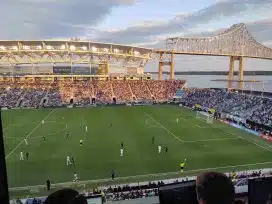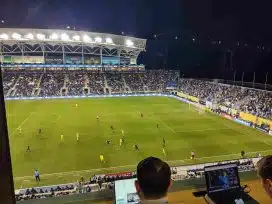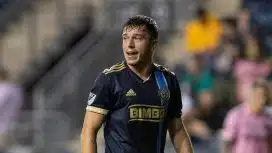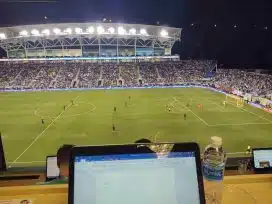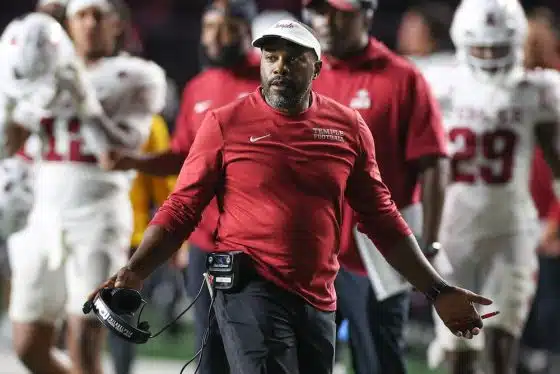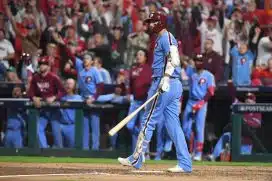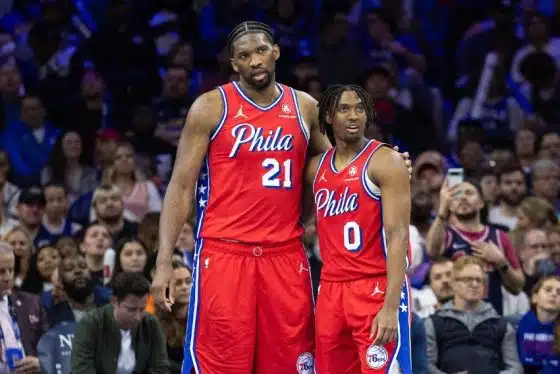Flyers
Negotiations on NHL’s Return Hit Snag
By Kevin Durso, Sports Talk Philly editor
The NHL’s target date for returning is Jan. 1. That date is rapidly approaching, and it meant that the next two weeks would be crucial to the NHL and NHLPA discussions of how the 2020-21 season will look and operate.
There was hope that there would be some concrete details about the upcoming season, but negotiations on a return have hit a snag during the week.
The players are reportedly “blindsided” by a request from the NHL owners to change the terms of the collective bargaining agreement, which was agreed upon four months earlier.
The financial tolls of the COVID-19 pandemic are being felt far and wide and sports are certainly no exception, specifically in terms of the paying customer in attendance at an arena. With this in mind, the owners informed the players earlier this week that they are looking for additional cash and proposed two ideas for changes.
The first idea was to defer compensation to 20 percent this season from 10 percent and escrow to 25 percent from its cap at 20 percent for the 2020-21 season only. According to an ESPN report, this was a non-starter for players.
The second idea was to defer compensation to 26 percent in 2020-21 and escrow to increase around or above 8.5 percent in Years 4-6 of the CBA. Escrow is currently capped at 10 percent in 2022-23 and 6 percent in 2023-24 through 2025-26. This was also not received well by the players.
The owners request comes down to timing, as they can wait for the agreed timeline for a 50-50 split of revenues or try to advance that so they can get it sooner and increase liquidity for 2021. The players are obviously in the position to earn more than 50 percent of revenue this upcoming season due to their current salaries, the pandemic and expected revenue loss for teams across the league.
The players’ argument is that the CBA was already agreed upon four months ago, and within that agreement, they compensated for the financial blow teams were expected to take. The worst-case scenario of this proposal was playing the entire 2020-21 season with empty arenas.
In the meantime, NHL commissioner Gary Bettman and NHLPA executive director Donald Fehr are still in daily communication. The desire to play from both sides is there, but this is an obvious snag in discussions. And the clock is ticking on the target date.
For the NHL to return in time for Jan. 1, they would likely need an agreement by the end of November. All NHL teams will require a two-week training camp period, and the seven teams that were not in the 24-team playoff last season will get about a week more of training camp time.
A few things that seem to be tentatively in place when the NHL decides to return is a division realignment that would help teams limit travel and a 60-game regular-season schedule that would end around early May. There is belief that there will be a week separating the regular season and the playoffs built into the schedule to allow for any postponements due to COVID-19.
But for now, the players are taking some time to cool off after clear frustration at the NHL’s request. It isn’t reaching dire points yet, and many believe the two sides will work something out, but it certainly puts pressure on the targeted start date.
















